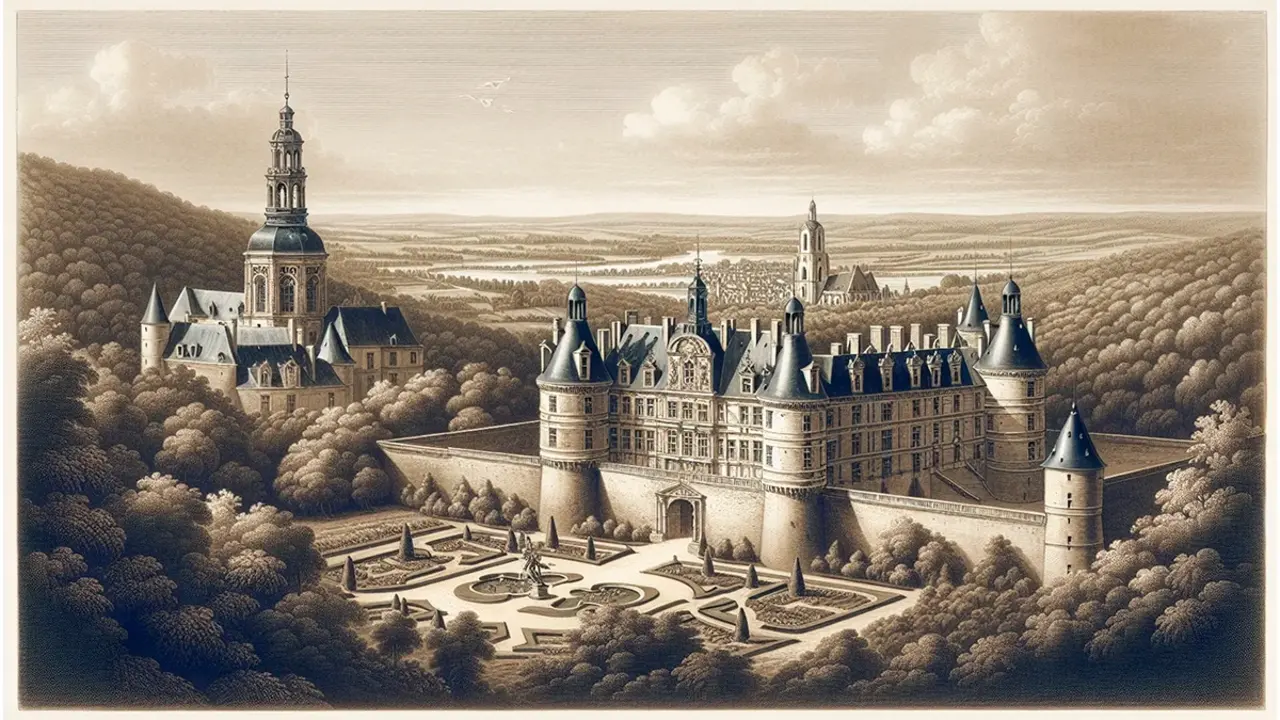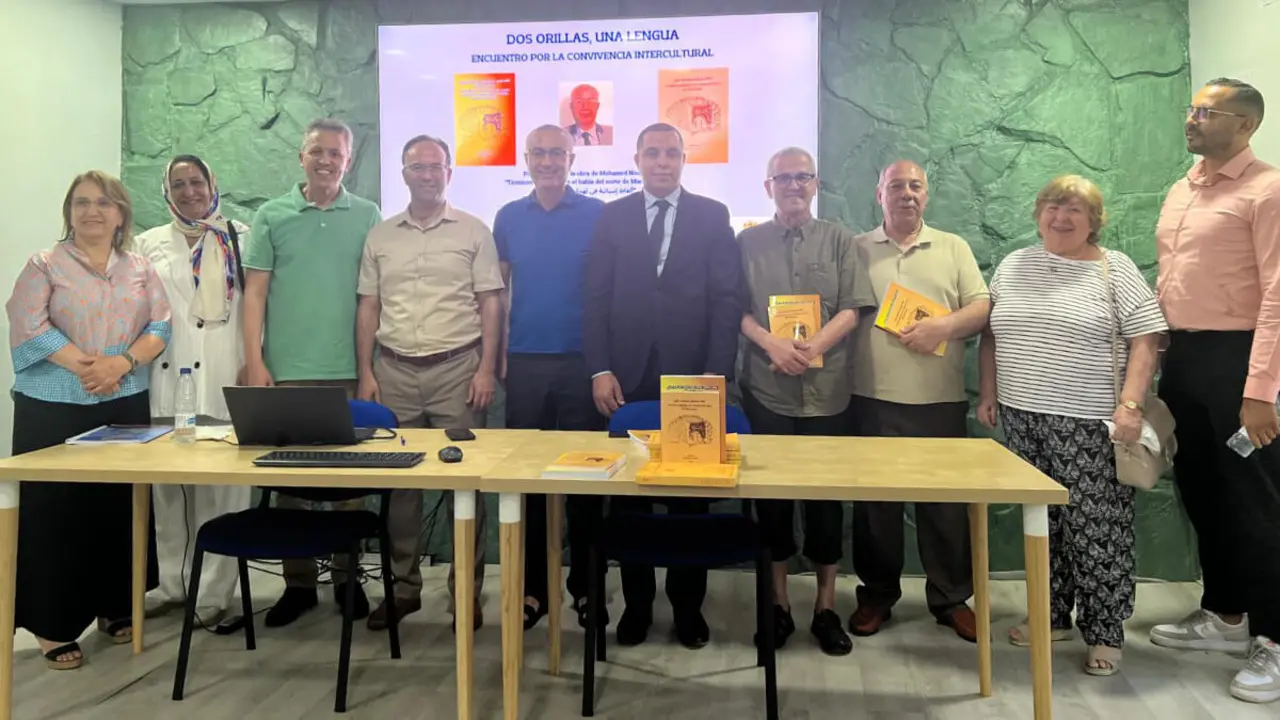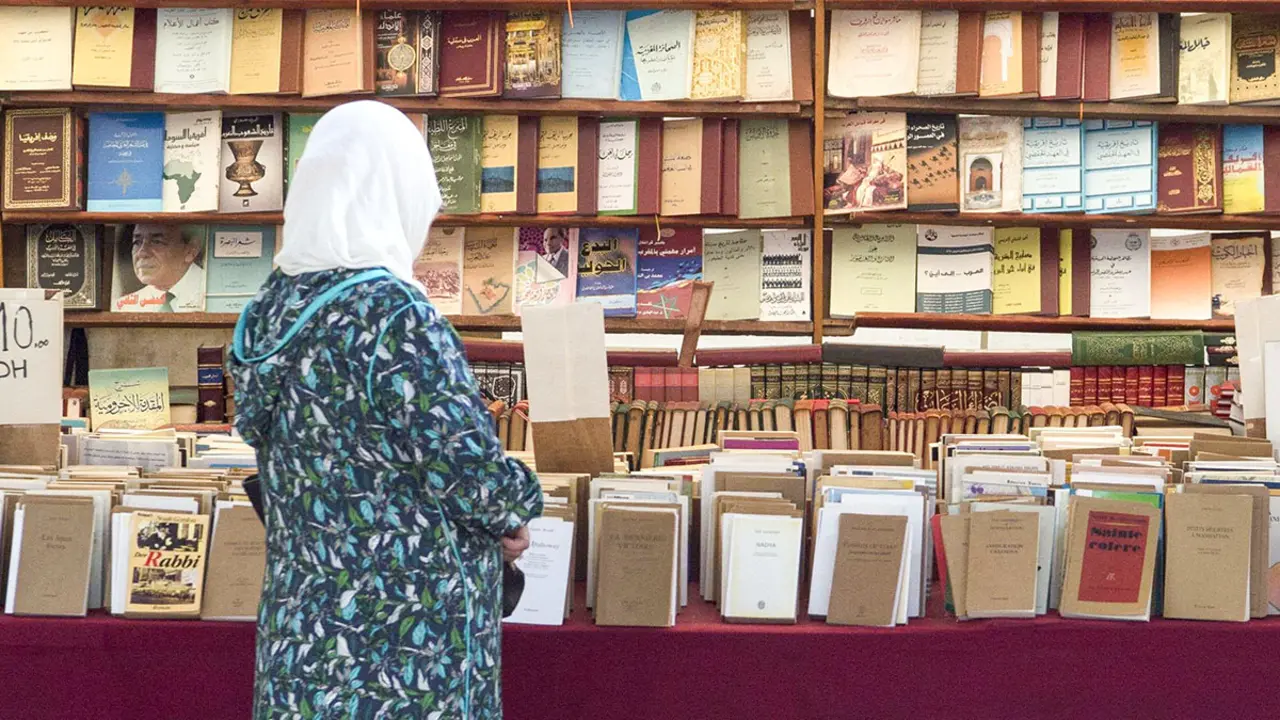The merchant of death is caught by Don Quixote

"Humanity is so utterly stupid that, even when warned that it is on the brink of the abyss, it will always strive to go one step further. I have seen so many wars in my profession that I have come to the conclusion that they are an unstoppable spiral of destruction, which chain and feed back on each other in ever shorter time frames". The author puts this and many other reflections on the lips of the protagonist of his novel, in an exciting story that grabs the reader from the first page.
To create the plot of "El Mercader de la Muerte" ('The Merchant of Death' (Ed. Suma de Letras, 483 pages) the Uruguayan Gervasio Posadas has looked at a character who is decisive in changing the course of history, one of those forgotten names despite having influenced the destiny, mostly tragic, of millions of human beings. Basil Zaharoff (1849-1936) was the largest arms dealer in the world, and consequently one of the richest men on the planet at the time. Born Greek as Basileios Zacharias in Ottoman Turkey, the harsh university of life allowed him to develop his immense talent in the art of deception, disinformation, extortion and espionage.
In addition to his quick thinking for business, he had the capacity for action and the audacity to go into the very heart of the military and political staffs of his time. Thus, he managed to fuel the Balkan wars, associate himself with the inventor of the machine gun Hiram Maxim and influence Spanish politicians to disdain the submarine designed and tested by Isaac Peral, a weapon that might have prevented the annihilation of the fleet in Cuba after the Maine's self-inflicted attack.
Zaharoff's love affair with Maria del Pilar Antonia Angela Patrocinio Fermina Simona de Muguiro y Beruete, Duchess of Villafranca de los Caballeros, married to Francisco de Borbón, Duke of Marchena, must have had a lot to do with it. The duchess and her lover thus had access to all the political leaders and military authorities in Spain, which gave the arms dealer access to the complete plans of the submarine. He even attempted to bribe Isaac Peral himself twice, which the sailor would angrily refuse, before finding shortly afterwards that his own government was shelving the project. As if that were not enough, Zaharoff would sell the Spanish army significant quantities of weapons, most of which would prove to be defective. And, to close the circle, he would succeed in taking over the then best arms factory in the country, Euskalduna, which had been converted into The Placencia de las Armas Company Limited

It was not only high Spanish officials who in one way or another fell into Zaharoff's schemes and traps. Legend says he provoked transcendental decisions by Russians, Turks, Germans, Japanese and Americans, not to mention France, which granted him citizenship, and England, which gave him the title of Sir. The mystery remains as to whether the man who became rich in all the wars that others started lost much of his immense fortune in the only one he was able to directly provoke: that of Greece against Turkey, after the Great War, with the aim of recovering the territories in which he was born and raised, and which he always considered usurped by the Ottoman Empire.
Much of the legend is that the memories of Sir Basil Zaharoff never saw the light of day. Dozens of governments, armies, bounty hunters, and hustlers put all their efforts into getting them. It was from this point that Gervasio Posadas constructed the plot, using the Spanish journalist José Ortega who, having arrived at the bubble of the great luxury of interwar Monaco - it was 1933 - came into contact with Zaharoff, owner and master at that time of the Hotel de París, already considered at that time as the main temple of glamour. He put himself at his service with a job that was as well paid as it was original: every night he would read to the now old arms merchant various chapters of Don Quixote, the work in which Zaharoff found the complicity and answers to his long life, which he foresaw would soon die out.
The intrigues to get hold of his explosive memoirs, in which he is supposed to discover the weaknesses of all the great characters he has bribed, also make up a dizzying thriller in which surprising features of humour are embedded. It is worth noting the confidence that the hotel barman gives the journalist, leaning over the bar as Alfonso XIII did when he was passing through Monte Carlo: "The bad thing about exile," the monarch said to Émile, "is that it makes you very fat".
Émile himself, who will end up revealing him to be a spy for the Soviet Union, will illustrate to him why the communists always use the useful fools: "As Comrade Stalin says, there are no worse enemies than the left-wing bourgeoisie. Once we are done with them, we will deal with the right wing".
Without a doubt, this is a book that will make people talk, and that already outlines even more the character of the journalist José Ortega, whom he already gave life to in ‘El mentalista de Hitler’ (2016) ('Hitler's Mentalist').









